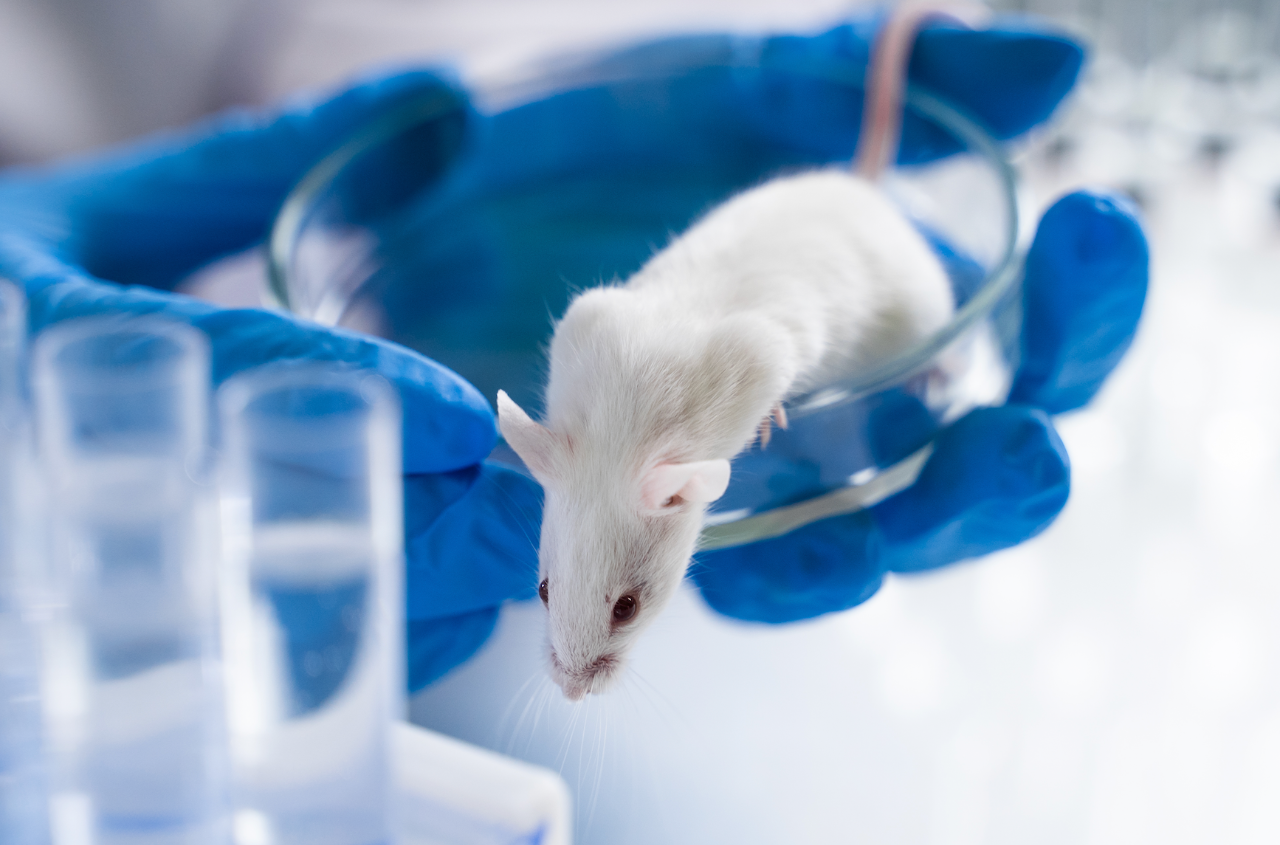越来越多的研究表明饮食在健康和衰老中的有益作用,特别是具有生物活性的植物来源化合物的饮食。紫檀芪因其强大的抗氧化、抗炎和抗癌作用而备受关注,紫檀芪对大脑功能有益的证据今年来也逐渐被发现。下面我们深入了解紫檀芪在大脑健康,特别是在抗氧化和抗炎信号和改善认知功能上的作用。
通常血脑屏障会阻止98%的小分子和所有大分子到达大脑,而紫檀芪能够穿过血脑屏障并在大脑中积累。Joseph等研究者发现口服紫檀芪后能够在小鼠脑组织中检测到紫檀芪,说明紫檀芪能够进入脑组织中发挥调节作用[1]。

衰老过程中的氧化损伤和及大脑自噬功能的丧失会导致认知功能的丧失。一项利用小鼠模型开展的研究发现,紫檀芪能够通过减少活性氧和炎症介质的产生,减少脑缺血脑损伤小鼠的脑梗死体积、脑水肿和神经元凋亡,并改善长期神经功能和运动功能[2]。紫檀芪同样对学习记忆障碍具有明显改善作用,研究发现紫檀芪可以显著改善小鼠模型受损的认知功能,保护神经元不受损伤[3]。

另一项研究进一步评价了紫檀芪对阿尔兹海默症的改善效果。饮食中添加紫檀芪两个月后,小鼠的细胞应激、炎症和阿尔兹海默症病理标志物均减少,认知功能得到改善。并且同样条件下白藜芦醇未发挥效果,表明紫檀芪由于具有高亲脂性和高渗透性,比白藜芦醇更能调节大脑功能[4]。
最新的研究发现紫檀芪对于情绪调节和睡眠调节也有一定的作用。Yang等人的研究发现口服紫檀芪能够促进大鼠大脑神经干细胞的增殖,减轻模型大鼠的抑郁样症状,改善大鼠行为能力[5]。
另外,我们人体有一个24小时的昼夜节律系统,控制生物体的内源性时间,与睡眠相互作用调节人体生理和行为活动。科学家使用一种“睡眠限制(Sleep Restriction,SR模型)小鼠模型”,SR模型模拟了人类熬夜,结果发现小鼠摄入紫檀芪后食欲和体重均表现正常,运动耐力显著高于不摄入紫檀芪的小鼠,并且不易疲劳。紫檀芪通过调节AMPK/SIRT1/PGC-1α通路改善小鼠的昼夜节律系统的失调以及睡眠状况[6]。
参考文献:
[1] Joseph J A, Fisher D R, Cheng V, et al. Cellular and Behavioral Effects of Stilbene Resveratrol Analogues: Implications for Reducing the Deleterious Effects of Aging. Journal of Agricultural and Food Chemistry, 2008, 56(22): 10544-10551.
[2] Liu H, Wu X, Luo J, et al. Pterostilbene Attenuates Astrocytic Inflammation and Neuronal Oxidative Injury After Ischemia-Reperfusion by Inhibiting NF-κB Phosphorylation. Frontiers in Immunology, 2019, 10: 2408.
[3] Hou Y, Xie G, Miao F, et al. Pterostilbene attenuates lipopolysaccharide-induced learning and memory impairment possibly via inhibiting microglia activation and protecting neuronal injury in mice. Progress in Neuro-Psychopharmacology and Biological Psychiatry, 2014, 54: 92-102.
[4] Chang J, Rimando A, Pallas M, et al. Low-dose pterostilbene, but not resveratrol, is a potent neuromodulator in aging and Alzheimer’s disease. Neurobiology Of Aging, 2012, 33(9): 2062-2071.
[5] Yang L, Ran Y, Quan Z, et al. Pterostilbene, an active component of the dragon’s blood extract, acts as an antidepressant in adult rats. Psychopharmacology, 2019, 236(4): 1323-1333.
[6] Liu Y, Lang H, Zhou M, et al. The Preventive Effects of Pterostilbene on the Exercise Intolerance and Circadian Misalignment of Mice Subjected to Sleep Restriction. Molecular Nutrition & Food Research, 2020, 64(11): e1900991.
8,781 total views, 1 views today


0 Comments